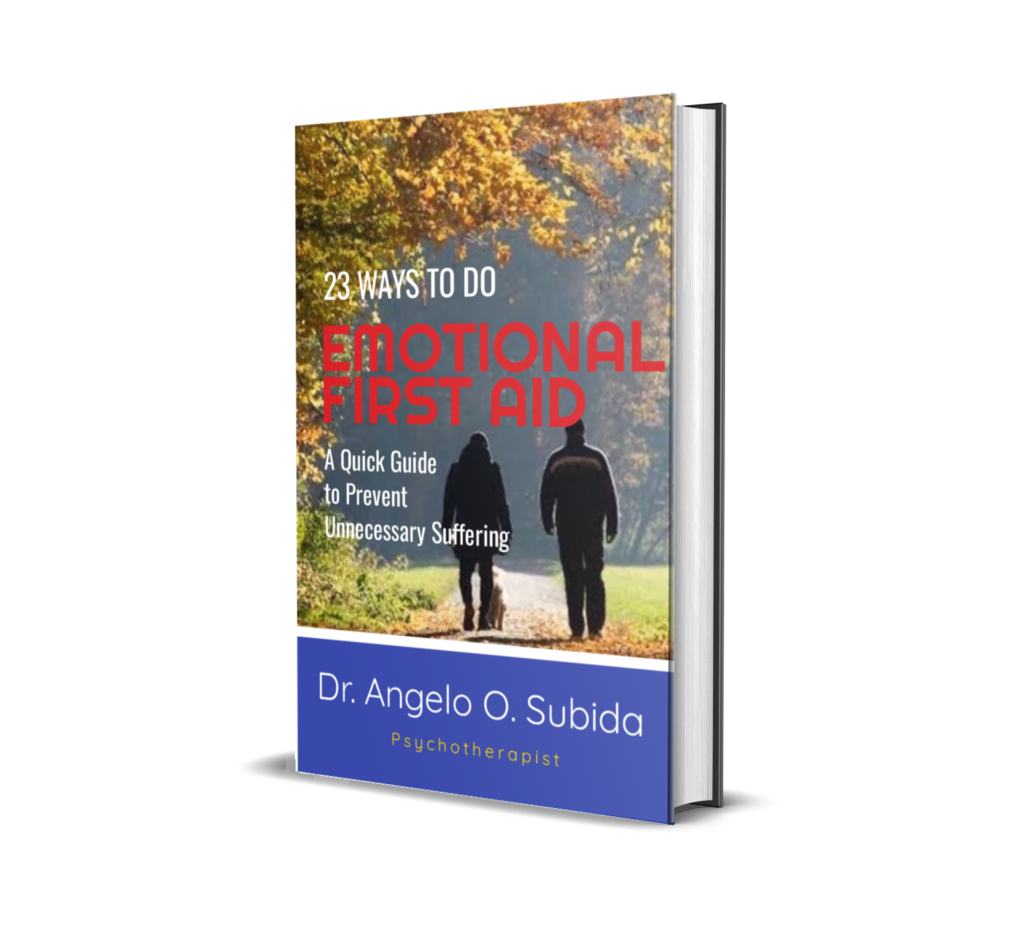It can be challenging to respond instead of reacting when you’re feeling angry.
A lot of relationships break down due to lack of proper response rather than reaction.
This is quite common among family members, married couples, parents and children, friends, and workmates.
But with practice, it is possible.
Responding is a derivative from the principle of responsibility. It’s considerate and intentional action.
Reacting, on the other hand, is a spin off from the word rash. It means immediate and impulsive action.
Here are some tips that may help:
- Take a moment to breathe: When you feel anger rising, take a few deep breaths. This can help you calm down and think more clearly.
- Identify the source of your anger: Try to understand why you’re feeling angry. Is it because of something someone said or did? Are you feeling frustrated or stressed about something?
- Choose your words carefully: When you respond to someone, make sure you choose your words carefully. Think about what you want to say before you say it.
- Focus on the problem, not the person: When you’re angry, it’s easy to attack the person who has upset you. Instead, try to focus on the problem and how you can solve it.
- Use “I” statements: Instead of blaming someone else, use “I” statements to express how you’re feeling. For example, say “I feel upset when…” instead of “You always make me angry when…”
- Consider the consequences: Before you react, think about the consequences of your actions. Will it make the situation better or worse?
- Practice empathy: Try to put yourself in the other person’s shoes and understand their point of view. This can help you respond more compassionately.
Remember, it takes practice to respond instead of reacting.
But it can lead to better communication and healthier relationships.
drangelosubida.com




2 comments